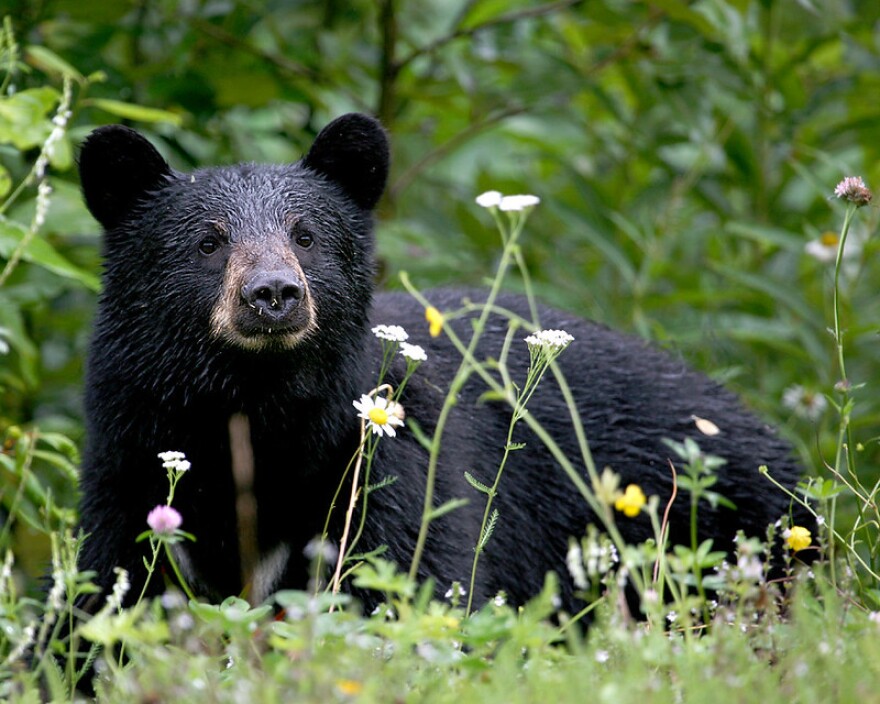“Missouri’s history is best told through food.” That’s a bold claim, but the deeply researched book making it marshals plenty of evidence to support it. “A Culinary History of Missouri: Foodways and Iconic Dishes of the Show-Me State,” authored by Suzanne Corbett and Deborah Reinhardt, tells the story of the many people groups who’ve settled, cooked and eaten in Missouri since the 1700s. It even includes recipes.
Those recipes draw not only on techniques from a broad array of settlers, from the earliest indigenous residents to the French to enslaved people, but also the bounty of native ingredients they found here.

As Corbett explained on Thursday’s St. Louis on the Air, the first Europeans who settled in the area found a “frontier smorgasbord.”
“The Missouri frontier had a wonderful natural abundance of not just wildlife and fish, but also wonderful vegetables that you would never have in Europe, and fruits that you would never have thought about or seen before you came here,” she said, citing as examples wild pecans and pawpaws (once known as “river bananas”).
And unlike the English who’d arrive later, the French settlers dug in with gusto. “They particularly loved the catfish,” Corbett said. And black bears. Their hams, said Corbett, were thought to be “a delicacy better than pork.” Bear grease, she noted, was “as valued as we value extra virgin olive oil today.”
Corbett is a culinary teacher and the author of three previous books focused on St. Louis food, as well as the producer and writer of the documentary short “Vintage Missouri: 200 Years of Missouri Wine.” In her work as a foodways interpreter for the National Parks Service and other historic sites, she digs deeply into how people cooked centuries ago.
For this book, she said, she modified those recipes, for both modern palates and modern techniques.
“What's wonderful about the fall season right now is that you can do some of the things that the pioneers and the early French and even the settlers and maybe your grandmother did in Missouri,” she said. “They would go out and forage the mushrooms. Now's the time of year where you would go out nutting.”
In the book, Corbett and Reinhardt set the record straight on some claims made by local food lovers. The ice cream cone, hamburger and hot dog were not invented for the 1904 World’s Fair, they write, though cotton candy was. The fair merely popularized them.
“I like to say that the 1904 World's Fair was the starting place for fast food,” Corbett said. “This is where it became acceptable to be able to walk around and eat at the same time.”
“St. Louis on the Air” brings you the stories of St. Louis and the people who live, work and create in our region. The show is hosted by Sarah Fenske and produced by Alex Heuer, Emily Woodbury, Evie Hemphill and Lara Hamdan. Jane Mather-Glass is our production assistant. The audio engineer is Aaron Doerr.







